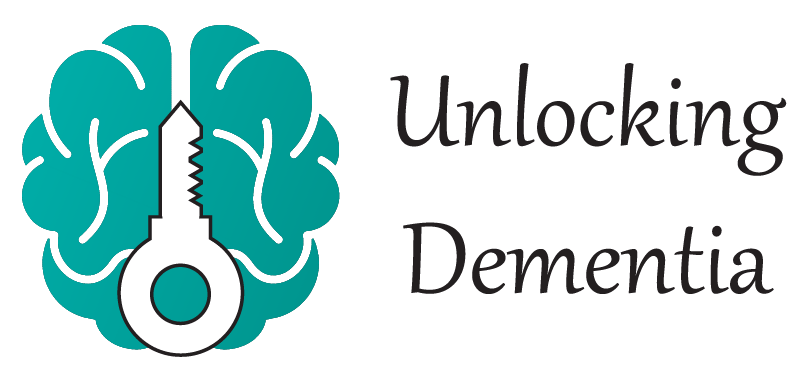Post-traumatic stress disorder (PTSD) is a psychological condition caused by a traumatic event. Prior to 1980, PTSD was known as shell shock or battle fatigue, experienced by soldiers or war veterans. Today, PTSD is diagnosed in more than just war veterans and can affect people of all ages and gender.
Those who have suffered from or been victims of rape, violent crimes including domestic violence, natural disasters, survivors of airplane disasters, bombings, war, random work or school shootings, and life-threatening situations or catastrophic accidents can experience varying degrees of PTSD. PTSD can also be diagnosed in those that are not actual victims but have lost loved ones in a disaster, impacted severely by the event. Studies of the effects of the Oklahoma bombings indicated many of the survivors developed some level of PTSD showing signs of depression, anxiety, and alcohol abuse. More than a year after the bombings, there was a general increase in alcohol and tobacco products and PTSD symptoms in the state.
PTSD does not just impact the victims, but those touched by the affected patient. Children are also susceptible to PTSD as their exposure to the event increases, so does their risk of showing symptoms of PTSD. Children who have been abused experienced the death of a parent or sibling, or are in a community suffering from a traumatic event can also develop PTSD. In addition, children whose parents experience PTSD or show a weak response to a traumatic event, or children who have increased exposure to the event through heightened media also can suffer from this psychological condition.
PTSD causes the brain to get stuck in danger or high arousal mode. Even after the danger has passed, the brain may stay on high alert and the body continues to send out stress signals which can lead to PTSD symptoms. Studies have found that the area of the brain that handles fear and emotion (Amygdala) is more active in people with PTSD.
Symptoms usually begin within three months of the incident, however, sometimes symptoms don’t appear for years after the initial trauma occurred. The symptoms may fade after time or be severe enough to impact daily living and become chronic. Symptoms are marked by memories, thoughts of an ordeal or incident, or triggers caused by a similar incident or situation that are overly upsetting and cause an increased arousal of emotions and is sometimes shown as severe personality changes.
Not everyone who experiences a life-changing situation will develop PTSD. There are many factors contributing to the development of PTSD and a mental health professional should be involved in diagnosis and treatment if symptoms of stress last more than a month. It is possible to have mild PTSD-like symptoms after a less stressful event.
Specific causes for the onset of PTSD have not been clearly defined. There are many factors involved in a person’s reaction to a traumatic event that may reduce or enhance the severity of PTSD. Factors include the severity of the event, the extent of involvement in the event, the person’s personality, genetics, and whether the trauma was sudden or expected.
Often first responders, emergency personnel, and individuals directly involved in the event have the highest rate of developing PTSD as do those experiencing the loss of a loved one during a traumatic event. Violence such as rape or Holocaust survivors are likely to affect about half of the victims and victims of natural disasters usually have a much lower chance of developing PTSD. However, with the increase of media coverage, individuals, especially children, may not be able to distinguish between the actual event and the repeated viewing of the event. Repeated coverage of the event and the inability to disassociate from the event may increase the symptoms of PTSD.
There are natural stress reactions that are distinct, but when an individual is exposed to prolonged periods of stress, those symptoms become more pronounced. They may include hyper-alertness, showing fear or anxiety, having nightmares or flashbacks, unnatural response to smells, sounds, and sight, depression, avoidance of similar situations, guilt, anger or irritability, negative life outlook, memory and concentration problems, decreased sexual activity, increased substance abuse, violent outbursts, and withdrawal from normal activities. Often when a person relives a traumatic event either through sight, smell, sounds, nightmares, or flashbacks, the person loses touch with reality and may truly believe the event is happening again. This loss of reality may last a few minutes or hours and if they are in a nightmare or flashback the person may be in danger to themselves or others.
